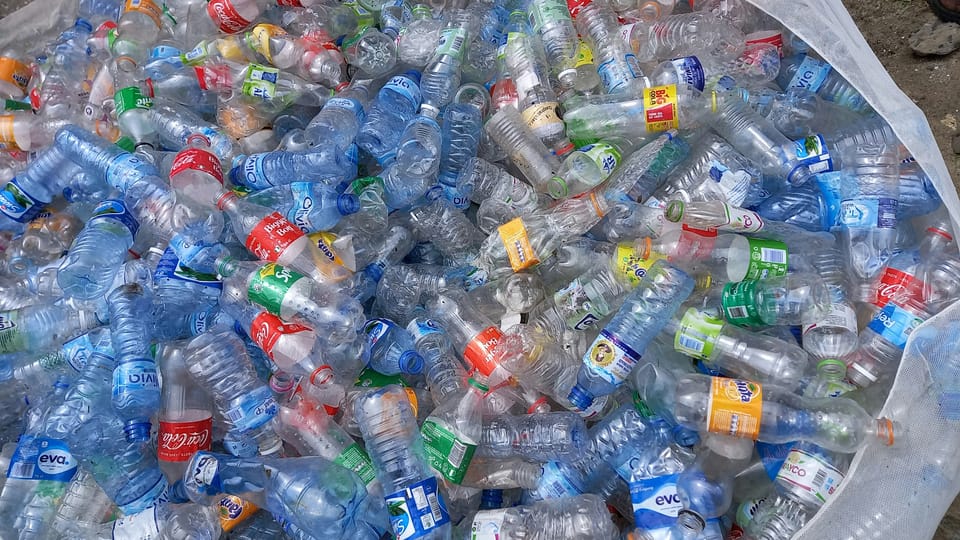Nigeria to ban single-use plastics from 2025

Nigeria on Tuesday announced a ban on single-use plastics in government offices as the first step in a nationwide ban set to begin in January.
"What the Federal government is doing is preparing the minds of Nigerians for what is to come and leading by example,” Minister of State for Environment Iziaq Salako said while briefing State House correspondents on Tuesday.
“This initiative demonstrates our commitment to addressing the triple threat of climate change, biodiversity loss, and pollution,” he added.
Most of the banned materials are single-use plastics, including straws, plastic bottles, cutlery, and small water sachets, which present a major issue for Nigeria, he said. A recent study by the U.S. Agency for International Development found that Nigeria is among the world’s top plastic polluters, logging over 2.5 million tonnes of plastic waste annually. Some 70% of this plastic waste ends up in seas and landfills, it said.
Nigeria first announced a national policy to curb plastic waste pollution in 2020. Since then, plastic waste has risen sharply in cities like Lagos. Research by the United Nations Environment Programme this year found that an estimated 50-60 million used water sachets are thrown into the streets daily in Lagos, a city of roughly 20 million. In January, Lagos state announced a ban on single-use plastic and Styrofoam, saying it clogs drains and water channels.
Nigeria is also in the midst of creating a new plastic use policy that employs a phased approach to eliminating plastic waste. Within five years, the country aims to tightly regulate imports and expects producers to shift to alternatives.
About 60% of the countries in Africa have various bans on single-use plastics, one of the most successful being Rwanda. The government used a top-down approach involving stringent penalties and a bottom-up approach utilizing grassroots advocacy campaigns.







Member discussion